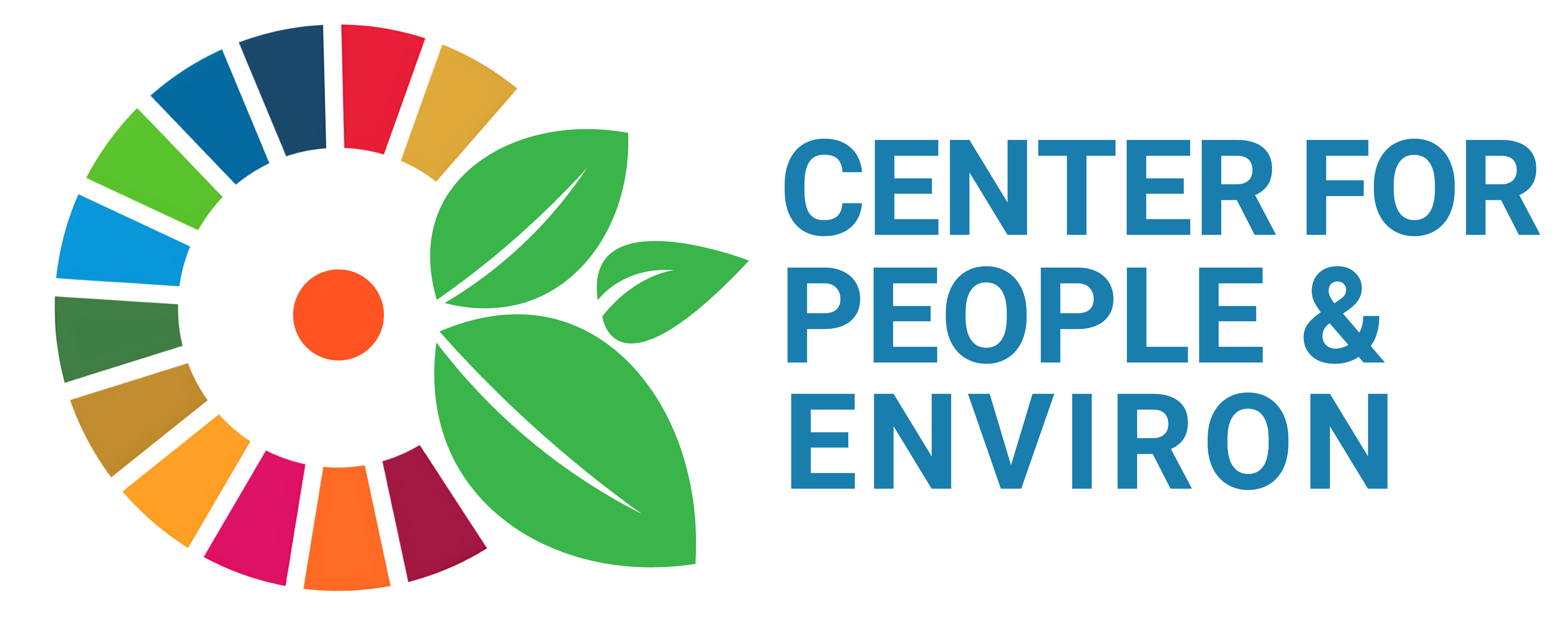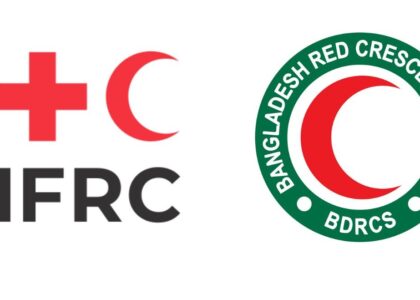Objectives of the study
The purpose of the study is to conduct a comprehensive review of the BCCTF’s governance system, focusing on the integration of social and gender considerations within its funded projects to develop evidence-based advocacy for systematic reforms, promoting effective, inclusive, and equitable outcomes in BCCTF and National Climate Budget allocation. The specific objectives are:
- To assess the current state of social and gender integration and gender responsive actions in BCCTF-funded projects, identifying strengths, weaknesses, and gaps.
- To eeviewing of the existing internal policies and guidelines to analyze the structural capacity, governance system implementation, and monitoring system that influence social and gender integration within the BCCTF.
- To explore the alignment of BCCTF projects with NDC and NAP; and
- To draw policy recommendations to ensure women’s participation and agency building in BCCTF projects, as well as reforms for strengthening governance and alignment with NAP and NDCs.
Methodology of the study
Secondary review:
Review of climate acts, policies, strategies, project guidelines, project implementation guidelines, monitoring and evaluation reports, and project progress reports regarding the BCCTF-funded project.
The study will review nation-wide climate vulnerability, related policies, strategies, and acts including, Bangladesh Climate Change Strategy and Action Plan (BCCSAP), Bangladesh Climate Change Trust Act, BCCTF funding mechanism and guideline, National Adaptation Plan (NAP), Nationally Determined Contribution (NDC), Climate Fiscal Framework, Strategic Program for Climate Resilience (SPCR) –Bangladesh, related published scientisific articles based on BCCTF-funded projects such as Climate Justice and Food Security:Experience from Climate Finance in Bangladesh, World Bank: Bangladesh Climate Resilient Fund Annual Report. and related scientific reports.
Collection, review, and analysis of funded projects to find the systematic in governance, justice, vulnerability, inclusion, etc.
Primary data collection
Qualitative data from the project locations and national level will be acquired through Focus Group Discussions (FGDs), Key Informants Interviews (KIIs), and institutional analysis. Primary information (qualitative and quantitative) will be collected and analyzed following the interactive steps:
- Participatory research to get actual data, perspectives, and experientialknowledge of the project implementation, project management, project outcome, needs of the project considering climate vulnerability, etc., through Household Survey (HHS), Focus Group Discussion (FGD).
- Participatory capacity analysis of institutionsto understand the governance, capacity, gaps, and challenges through key Informant Interviews.
- Institutional assessment of the project implemented partners, and project assessment
- Evaluation of the readiness of the projects/institutions through the Anticipatory Social Protection Index for Resilience (ASPIRE) tool
- Gender-responsive project assessment matrices
- National Adaptation Plan (NAP) matrices
- Nationally Determined Contributions (NDC) matrices
Funded By







